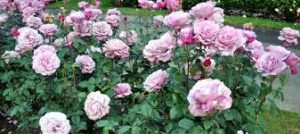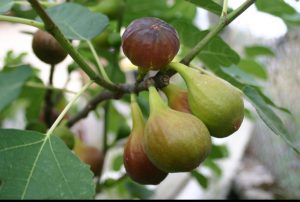
A noxious weed is an invasive and destructive plant that may be native or non-native to a particular environment. Generally, if non-native, these plants have been introduced to the area either deliberately or inadvertently. Deliberate introduction is often due to the attractive allure of the noxious weed, which makes people plant it in their garden without considering its negative effect. Inadvertent introduction of the invasive weeds may be brought about by means of agricultural transport of seeds or crops, by pollen or seeds spread by grazing animals and birds, or by human enterprises like hiking, camping, or driving.
In the case of a non-native noxious weed, it is generally able to thrive in the new ecosystem as it does not have any rivals to keep it in check. Once these garden pests take root, they spread quickly and aggressively. They begin to compete with the other plants in the ecosystem for water, nutrients and sunlight. The noxious weed may, if allowed to thrive over a long period of time, start to destroy the plant diversity of the area. Such noxious weeds are also known to alter the soil composition so that it becomes difficult for other plants to survive in that area
Apart from affecting the plant diversity, the noxious weed also negatively impacts the animal life. Grazing animals and birds depend on the local plant life for their sustenance, and as the weeds destroy the plants in the area, the animals and birds are no longer able to find adequate food or nesting spaces. They may then either die off or be forced to migrate to more hospitable areas, and this in turn affects other life forms that are dependent on them.
The noxious weeds may also be poisonous to eat or may cause toxic reactions in both animals and humans that come in contact with them. Some weeds are thorny and can cause injuries. Many of these plants take over spaces that may be otherwise utilized.
Getting rid of noxious weeds and invasive plants can be difficult and often quite expensive. It is a good idea to find out about weeds and infested places in a particular locality, and to avoid picking flowers or transplanting any unknown plants or plants that are listed as noxious. When hiking, camping or driving, it will help to stick to established paths, camp areas and roads so that pollen and seeds are not picked up in clothes, shoes, camping equipment and tire threads. When planting crops, it is best to buy seeds that have authorized weed-free certification.







